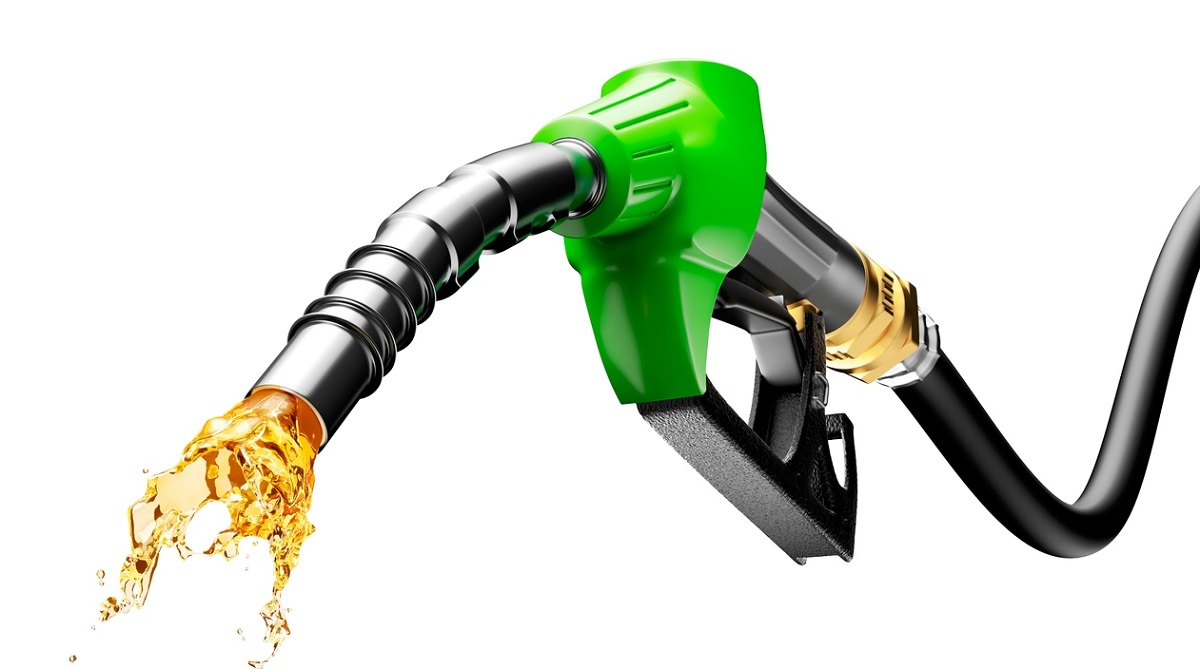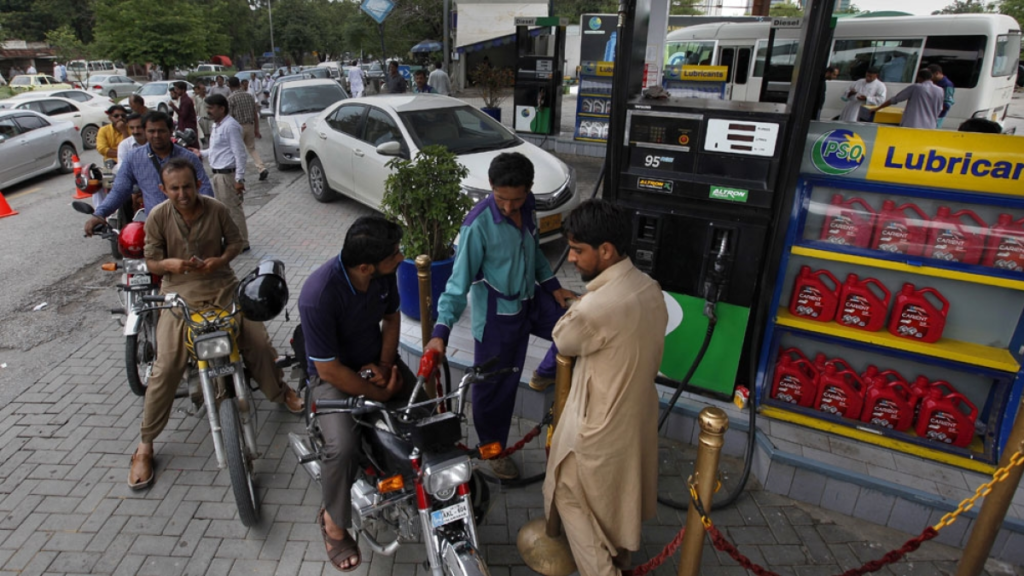The federal government of Pakistan has announced a reduction in petrol prices for May 2024, offering relief to consumers across the country. As of May 1, petrol prices have been adjusted downwards, making it easier for residents to manage their fuel costs. The new petrol price is set at Rs. 288.49 per liter, down from Rs. 293.94, while the cost of high-speed diesel has also been reduced to Rs. 281.96 per liter.
This move is likely to have a positive impact on the economy by reducing transportation costs and easing inflation. The lower fuel prices could lead to a decrease in the prices of various goods and services, making them more affordable for the public. Additionally, the drop in petrol and diesel prices can provide some respite to those who rely on fuel for their daily commutes and businesses.
The government made this decision after reviewing global trends in fuel prices, as the premium rate on petrol and high-speed diesel dipped. This adjustment reflects a responsible approach to managing the economy and ensuring that citizens benefit from changes in international fuel markets.
In conclusion, the reduction in petrol prices is a welcomed development that can help drive economic growth and stability. To explore these changes further and understand their potential effects, read on for a breakdown of the latest fuel price updates and insights
- Price Drop
- New Rates Out
- Fuel Costs Cut
- Savings Ahead
- Prices Lower
Price Drop
The federal government has decreased petrol prices for May 2024. This decision brings relief to many citizens. Lower fuel costs mean cheaper transportation for all. Families will benefit from lower travel expenses. Businesses can reduce their delivery costs.
Moreover, people may choose to travel more due to the lower prices. This could boost local tourism and help businesses in tourist areas. The price drop may also ease inflation.
Overall, this is a positive change for the country. Lower petrol prices can create a chain reaction of economic benefits. It helps ease financial pressure on many families and businesses.
New Rates Out
The new petrol and diesel rates are officially out. Petrol now costs Rs. 288.49 per liter. Diesel is Rs. 281.96 per liter. This change is a welcome update for everyone.
These new rates are part of the government’s effort to stabilize the economy. Lower fuel prices mean reduced costs for transport and shipping. This should reflect in the cost of goods and services.
In addition, the new rates offer relief to those who rely on vehicles for their daily tasks. It’s easier for them to manage their budgets now.
Fuel Costs Cut
With the latest reduction in fuel costs, consumers are happy. The cut in prices is good news for families and businesses. This change can positively impact various sectors.
As fuel costs are reduced, travel becomes more affordable. This benefits daily commuters and those planning road trips. Additionally, the cut may lower production and transportation costs.
In summary, cutting fuel costs supports many areas of life. It encourages economic growth and helps stabilize prices of goods and services.
Savings Ahead
The price reductions mean savings for everyone. Lower petrol and diesel prices can translate to cost savings for businesses and households. This allows them to allocate funds to other needs.
People will spend less on travel, creating room for additional savings.
This extra cash can be used for other expenses or saved for future needs. Savings can help boost the economy overall.
Therefore, this change in fuel prices can be seen as a positive move for everyone. It promotes more budget-friendly options for many people.
Prices Lower
The new, lower prices for petrol and diesel are welcomed. This change is beneficial for both individuals and businesses. It may lead to lower costs in other sectors.
Lower fuel prices make it easier for businesses to deliver goods and services. This could lead to more competitive prices for consumers. People can also enjoy cheaper transportation costs.
In conclusion, the decrease in fuel prices is beneficial. It provides a wide range of economic advantages. This change supports the financial well-being of many across the country.








